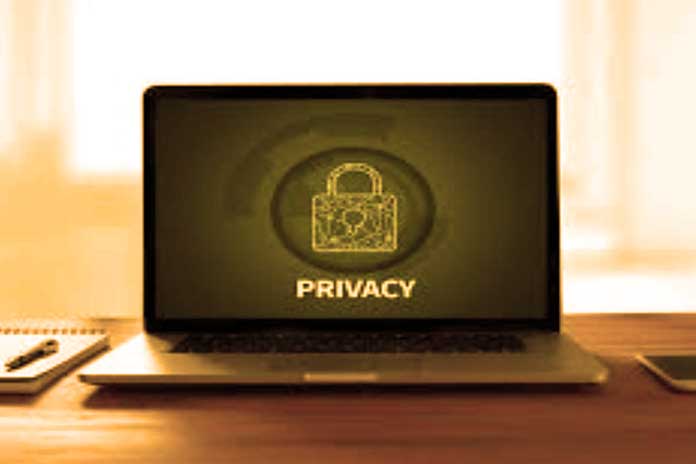Surfing the Internet anonymously is almost impossible. Because every time we visit a website or search engine queries, we leave traces that companies combine to form an overall profile of our preferences. That’s why we give you five tips for more privacy on the Internet.
Are We Leaving A Digital Footprint?
Everyone who surfs the Internet obtains information or shops leaves a digital footprint. Anyone who is represented on social media platforms and discloses pictures, videos, and information about themselves without privacy settings has a substantial and active digital print, for example.
In addition, intelligent behaviour-oriented algorithms know which products we look at for an exceptionally long time on the Internet. Tracking cookies help companies to remember our interests and display advertising tailored to us.
Not all users want to reveal their sensitive data. We, therefore, present five different tips for more privacy in the following.
Use Private Surfing Mode
Most browsers give you the option to surf in private surfing mode or private windows. Due to this privacy setting, some websites and companies can no longer record and evaluate your search behavior.
If you use the internet for downloading content, whether it be in the form of entertainment or for educational purposes, you should do so in private browsing mode. This will help you stay safe online. It is also advisable that you choose vetted and safe websites and downloading content from online sources like proxybay.github.io
Responsible Use Of Social Media
As mentioned before, social media channels play a significant role in the size of the digital footprint. Users can take direct action on Facebook, for example. You can determine who sees the pictures and posts, only friends and acquaintances.
Mask Off The Camera
Unfortunately, it is not easy to tell whether the camera of the laptop or tablet has been hacked and you are being spied on. You can buy camera protection for a few euros to protect yourself from this. This allows you to decide for yourself when the camera is open and when not. Security is fundamental now that video conferencing is part of everyday life.
Optimise Passwords
Everyone knows it, but many people still use the same passwords across platforms. Once hackers crack a password, they access personal and payment information. To prevent this, users can use a password manager, for example. This not only saves the different passwords but also suggests secure passwords.
Provide As Little Personal Information As Possible
As soon as you order online or register on a platform, you will be asked for a lot of personal data. Do not enter all the requested data here, only the necessary ones. This prevents your personal information from being passed on in the event of a data hack.
Optimise Privacy With The Help Of Crumbs
Crumbs is a privacy extension for Chrome and Firefox. The software helps you to protect your data at all times while surfing.
Once installed, you no longer have to worry about annoying cookie banners and pop-ups. By default, Crumbs only allows the necessary cookies so that you no longer encounter the annoying cookie notices when surfing the web. This not only keeps you safe on the road but also saves a lot of time.
You can also easily manage what data you want to share with advertisers from the Crumbs dashboard. So you decide for yourself about your private data and no longer leave this decision to the companies.
